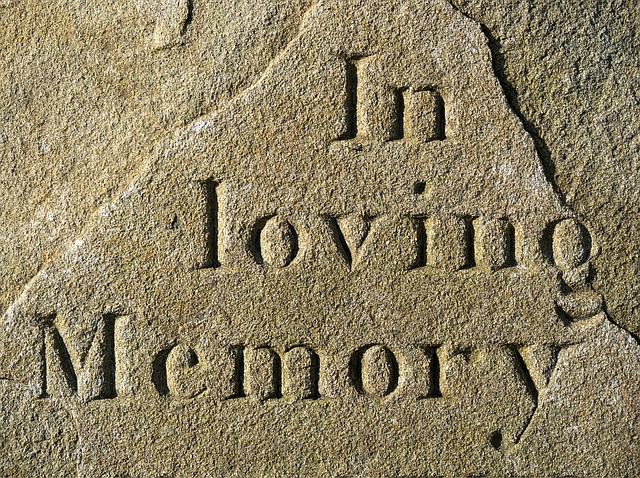
I am pleased to present another article by Lydia Chan of Alzheimerscaregiver.net with some ideas of helping your senior loved one through the death of a spouse. Thank you again, Lydia!
If you or someone you love is struggling with grief, don’t go through it alone. There are many options for helping with the grieving process in naturopathy. Schedule an appointment today to let us help.

Do you have a loved one who is currently dealing with the death of a spouse? If so, you already know that this will be an indescribably difficult time for them. As you’ve probably already seen, your loved one will experience emotions ranging from anger to sorrow and from grief to disbelief. They might even become anxious or depressed. All of this is completely understandable during the grief process.
Even more worrisome is the risk of your beloved senior adopting dangerous coping methods, like relying on drugs or alcohol to numb their pain. Addiction is a growing problem in the elderly community, and losing a lifelong partner may put your loved one at an even greater risk. If you’re concerned that your senior needs help breaking away from drug or alcohol dependency after losing their spouse, use this “Checklist for Loved Ones” from DrugRehab.org to remain compassionate while helping them find ways to manage their grief in healthy, substance-free ways.
Losing your spouse to death is a massive blow. Your loved one won’t ever truly “get over” his or her grief – but with your help, he or she can learn to work through it.
During this unbelievably difficult time, your support will mean more to your loved one than you will ever know. The death of a spouse is estimated to be the number one most stressful event for seniors around the world. One of the toughest things about this situation is that the death of a spouse typically creates a snowball effect, causing unexpected new stresses to pop up. This increased stress load can put the senior at a greater risk of becoming sick or possibly even dying.
It is estimated that up to 75% of a surviving spouse’s support base is lost following the death of their significant other – including a lack of support from family and friends. There are many complicated reasons behind this loss, including the surviving spouse’s own moods or desire to become isolated. However, during this time, it is incredibly important that your senior loved one continues to maintain a strong support system.
As you can imagine, your loved one will undoubtedly need your support during this troubling time. Having strong and supportive relationships can help our senior loved ones cope with grief, loss and mourning. As one Harvard study has shown, having supportive relationships in our lives actually has a greater impact on our physical health than diet, exercise and genetics.
There are many ways you can offer support to your loved one in the days, weeks and months following the death of his or her spouse. First, call and check on them. Tell them you love them. Offer to assist with funeral arrangements and other important responsibilities.
You can also assist with donating, selling or storing the deceased loved one’s belongings. During this process, you’ll want to ensure that you’ve properly handled and carefully preserved any family heirlooms. As items are donated or packed away into storage, you’ll want to protect family treasures and prevent adding to your senior loved one’s pain by letting any of their most precious valuables get damaged.
Remember, we cannot take our loved one’s pain away but we can hold space for them. We can offer support. We can be a shoulder to cry on. We can walk with them as they work through the grief process and mourn their spouse. And we can help them handle important responsibilities in the weeks, months and years to come.
By Lydia Chan of Alzheimerscaregiver.net
